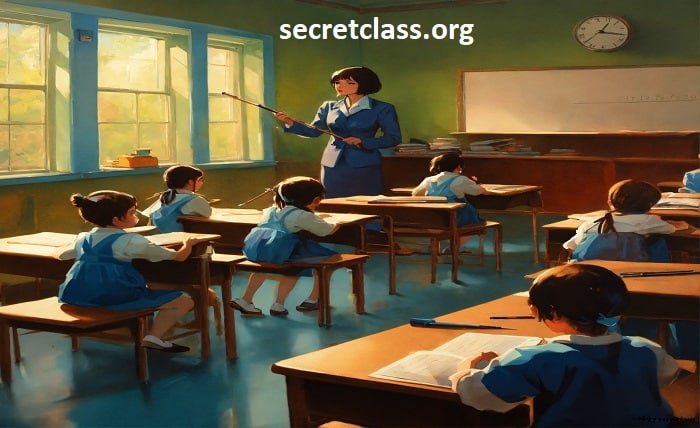Perverted education is a distressing phenomenon that undermines the fundamental principles of learning and growth. When educational spaces are tainted by inappropriate behaviors, agendas, or ideologies, the consequences can be profound and far-reaching. In this blog post, we delve into the complexities of perverted education, examining its manifestations, impacts, and strategies for prevention and intervention.
1. Perverted Education
Perverted education encompasses various forms of corruption within educational settings, including sexual exploitation, ideological indoctrination, and manipulation of academic processes. These distortions not only compromise the integrity of learning environments but also jeopardize the well-being and development of students.
2. Recognizing Signs and Symptoms
Identifying signs of perverted education is crucial for safeguarding students and preserving the integrity of educational institutions. Signs may include inappropriate relationships between educators and students, biased or extremist curriculum content, and systemic discrimination or harassment.
3. Addressing Sexual Exploitation
Sexual exploitation within educational settings is a grave manifestation of perverted education. This may involve sexual harassment, abuse, or coercion perpetrated by educators or peers. Addressing such misconduct requires robust policies, training, and support systems to empower victims and hold perpetrators accountable.
4. Combating Ideological Indoctrination
Perverted education can also manifest through ideological indoctrination, where educators impose their personal beliefs or agendas onto students, stifling critical thinking and intellectual freedom. Promoting pluralism, open dialogue, and academic rigor is essential for counteracting ideological biases in education.
5. Safeguarding Academic Integrity
Manipulation of academic processes, such as grade inflation, plagiarism, or censorship, undermines the credibility and fairness of education. Upholding academic integrity requires transparent assessment practices, ethical conduct guidelines, and mechanisms for addressing misconduct.
6. Promoting Safe and Inclusive Learning Environments
Creating safe and inclusive learning environments is paramount for mitigating the risks of perverted education. This involves fostering a culture of respect, empathy, and accountability, where all individuals feel valued and supported in their educational journey.
7. Empowering Students Through Education
Empowering students with knowledge and awareness is a powerful strategy for combating perverted education. By teaching critical thinking skills, media literacy, and assertiveness, students can discern misinformation, challenge harmful narratives, and advocate for their rights.
8. Collaborative Approaches to Prevention
Preventing perverted education requires collaborative efforts involving educators, administrators, parents, and policymakers. By promoting transparency, communication, and partnership, stakeholders can work together to identify risks, implement safeguards, and respond effectively to incidents.
9. Legal and Ethical Obligations
Educational institutions have legal and ethical obligations to uphold the safety, dignity, and rights of students. This includes compliance with anti-discrimination laws, reporting protocols for misconduct, and providing appropriate support services for victims.
Conclusion
Perverted education poses a significant threat to the integrity and well-being of educational environments. By understanding its manifestations, recognizing signs, and implementing proactive measures, we can safeguard students and uphold the principles of learning, respect, and integrity in education.
FAQ
1. What is perverted education?
Perverted education encompasses various forms of corruption within educational settings, including sexual exploitation, ideological indoctrination, and manipulation of academic processes.
2. How can I recognize signs of perverted education?
Signs may include inappropriate relationships between educators and students, biased curriculum content, and systemic discrimination or harassment.
3. What can be done to address sexual exploitation in education?
Addressing sexual exploitation requires robust policies, training, and support systems to empower victims and hold perpetrators accountable.
4. How can educators combat ideological indoctrination?
Promoting pluralism, open dialogue, and academic rigor is essential for counteracting ideological biases in education.
5. What legal and ethical obligations do educational institutions have?
Educational institutions have obligations to uphold the safety, dignity, and rights of students, including compliance with anti-discrimination laws and reporting protocols for misconduct.
